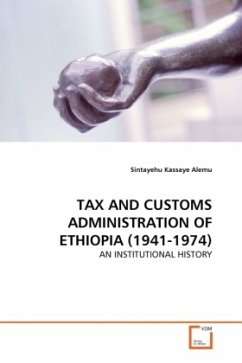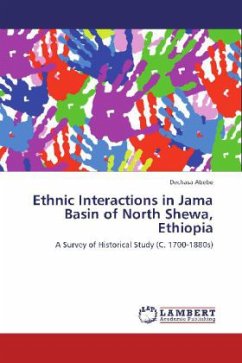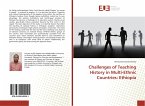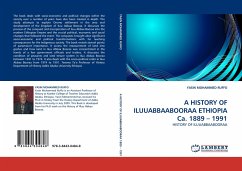Past historical trajectories and present political atmosphere seem to have made inter-ethnic studies subject for negative prejudice among the Ethiopian public. This partly emanates from the distorted view of the public towards inter-ethnic studies as one derived from inter-ethnic conflicts. Yet, one should also notice the salient aspects of inter-ethnic interactions which are the result of bi-directional cultural diffusion.The basic theme which is highly elucidated from Amhara-Oromo interaction in Salale is the essence of change and continuities. Both ethnic entities have gone through construction of identity which developed an overlapping of identities to make them different at the same time similar with their fellow ethnic members elsewhere in Ethiopia. This book, therefore,hopes to provide a lived local experience and insights for those academics and researchers who are keen to study the social history and political economy of Africa using ethnic entities and ethnicity as tools of analysis. The book is also relevant for politicians in Ethiopia and any interested reader who wish to see the pros and cons of Ethiopia s Ethnic based Federalism.
Bitte wählen Sie Ihr Anliegen aus.
Rechnungen
Retourenschein anfordern
Bestellstatus
Storno








